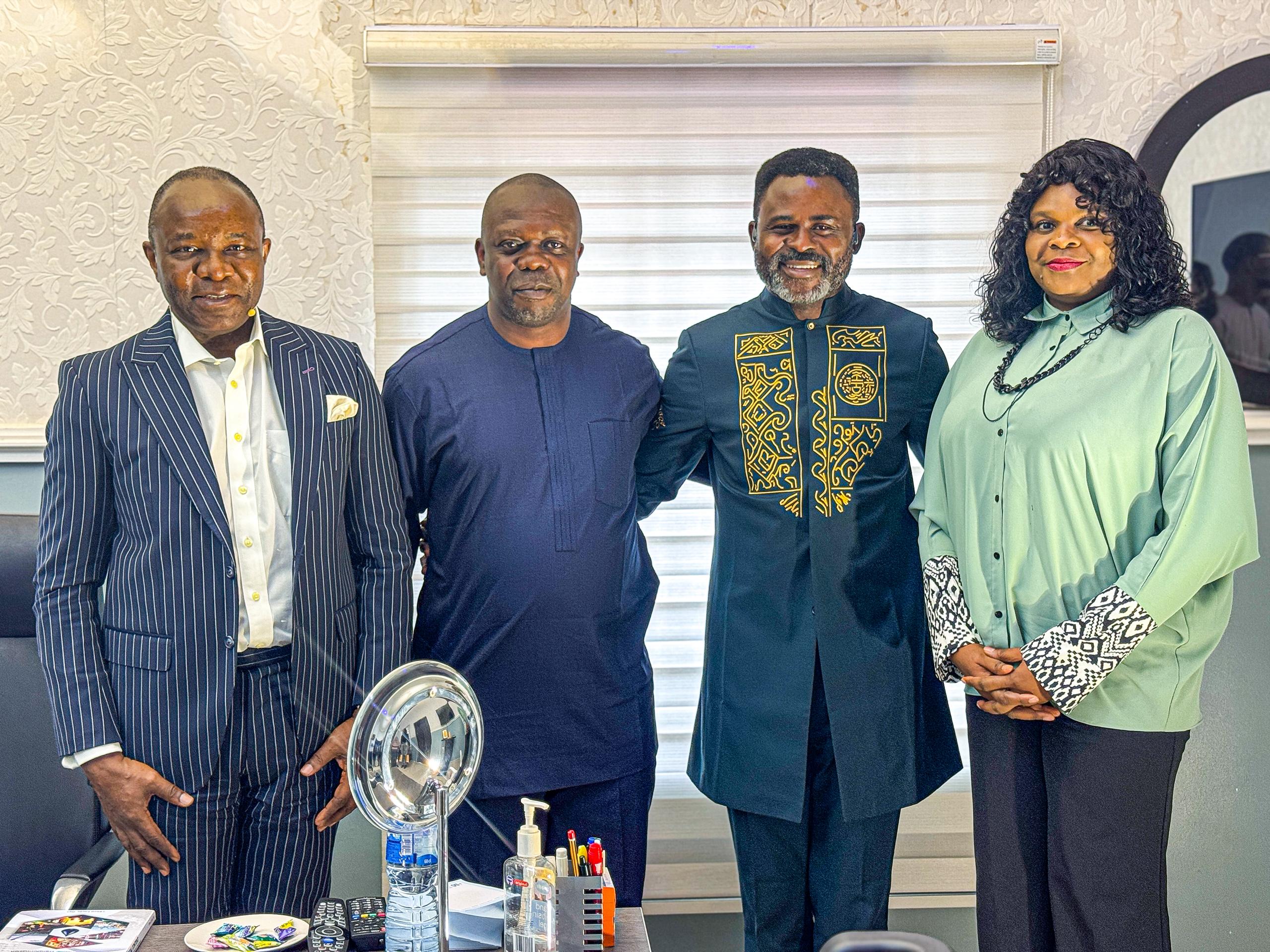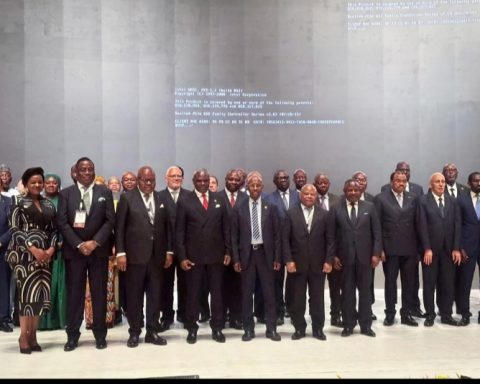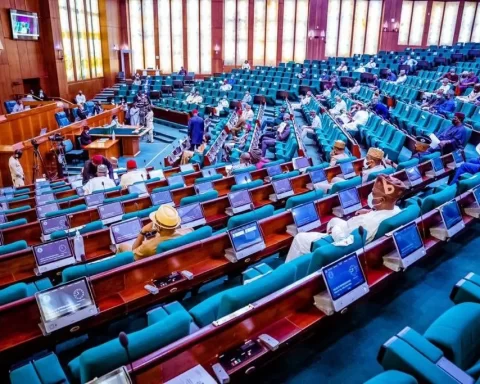Former Minister of State for Petroleum Resources, Prof. Emmanuel Ibe Kachikwu, has called for the Nigerian Content Intervention (NCI) Fund to be doubled from its current $450 million to $1 billion.
He argued that the increase is crucial to finance large-scale oil and gas projects, establish pipe mills, and boost local manufacturing of critical industry equipment.
Join our WhatsApp ChannelKachikwu made the appeal on Monday at the Nigerian Content Development and Monitoring Board (NCDMB) Business Mentorship Lecture Series, held virtually with nearly 500 participants via Zoom and YouTube. He chaired the NCDMB Governing Council from 2016 to 2019.
According to him, an expanded fund would provide seed capital for block development, technology access, and equipment financing, reducing reliance on imports and deepening local participation. He stressed that contributions should come not just from government, but also from operators and private investors in the sector.
In his welcome address, NCDMB Director of Capacity Building, Engr. Abayomi Bamidele, representing the Executive Secretary, Engr. Felix Omatsola Ogbe said the mentorship series was designed to shape industry mindsets and strengthen local content under the NOGICD Act of 2010.
Kachikwu also faulted the culture of leaving oil blocks idle, likening them to “certificates of occupancy.” He urged the government to revoke undeveloped assets after prolonged inactivity. “We need to force performance in the industry,” he said, insisting that contract winners and block holders must be given timelines to set up ventures, attract foreign partners, and invest in local production facilities.
On attracting global financing, the former minister warned that Nigeria risks losing out to other oil producers unless it strengthens its regulatory image and investment climate. “There is a lot of money waiting to be tapped, but it only goes to countries perceived as regular and transparent,” he said, suggesting that the government should also consider co-investments with private firms where strong returns are likely.
Kachikwu praised the rise of indigenous oil firms such as Seplat, Aiteo, Oando Energy Resources, and Heirs Oil and Gas, which have acquired assets from international oil companies. But he cautioned that ownership alone is not enough without increased output, stronger management, and strict compliance with laws. “My greatest fear is that without principled accounting and oversight, indigenous companies may profit while government loses revenue,” he said.
For Nigeria, Kachikwu’s proposals highlight urgent reforms to unlock billions in stalled investments and reduce capital flight. A $1bn NCI Fund could provide critical financing for local companies, while timelines on block development would prevent resource hoarding and ensure faster revenue generation for the government. His warning on transparency also underscores the need to improve Nigeria’s investment reputation if the country hopes to attract global energy capital.
He further urged policymakers to see local content not as a slogan but “a tool for industrialisation, job creation, and knowledge transfer.” Reflecting on his tenure, he said policies introduced under his watch compelled international oil companies to increase Nigerian involvement, laying the foundation for today’s indigenous operators.
Kachikwu also offered career advice to young professionals, urging adaptability, creativity, and ethical responsibility. “The industry is not just about barrels and dollars; it is about national survival, community welfare, and the environment,” he said, stressing patience, self-belief, and skill-building.
Closing the session, NCDMB’s General Manager of Corporate Communications, Dr. Obinna Ezeobi, praised Kachikwu’s insights and recalled his approval of projects such as the Waltersmith Refinery and the launch of the NCI Fund, which has grown from $200m to $450m. He said the Board remains committed to enabling Nigerian businesses to thrive, with the lecture series continuing as a key platform for engaging industry stakeholders.
Amanze Chinonye is a Staff Correspondent at Prime Business Africa, a rising star in the literary world, weaving captivating stories that transport readers to the vibrant landscapes of Nigeria and the rest of Africa. With a unique voice that blends with the newspaper's tradition and style, Chinonye's writing is a masterful exploration of the human condition, delving into themes of identity, culture, and social justice. Through her words, Chinonye paints vivid portraits of everyday African life, from the bustling markets of Nigeria's Lagos to the quiet villages of South Africa's countryside . With a keen eye for detail and a deep understanding of the complexities of Nigerian society, Chinonye's writing is both a testament to the country's rich cultural heritage and a powerful call to action for a brighter future. As a writer, Chinonye is a true storyteller, using her dexterity to educate, inspire, and uplift readers around the world.















